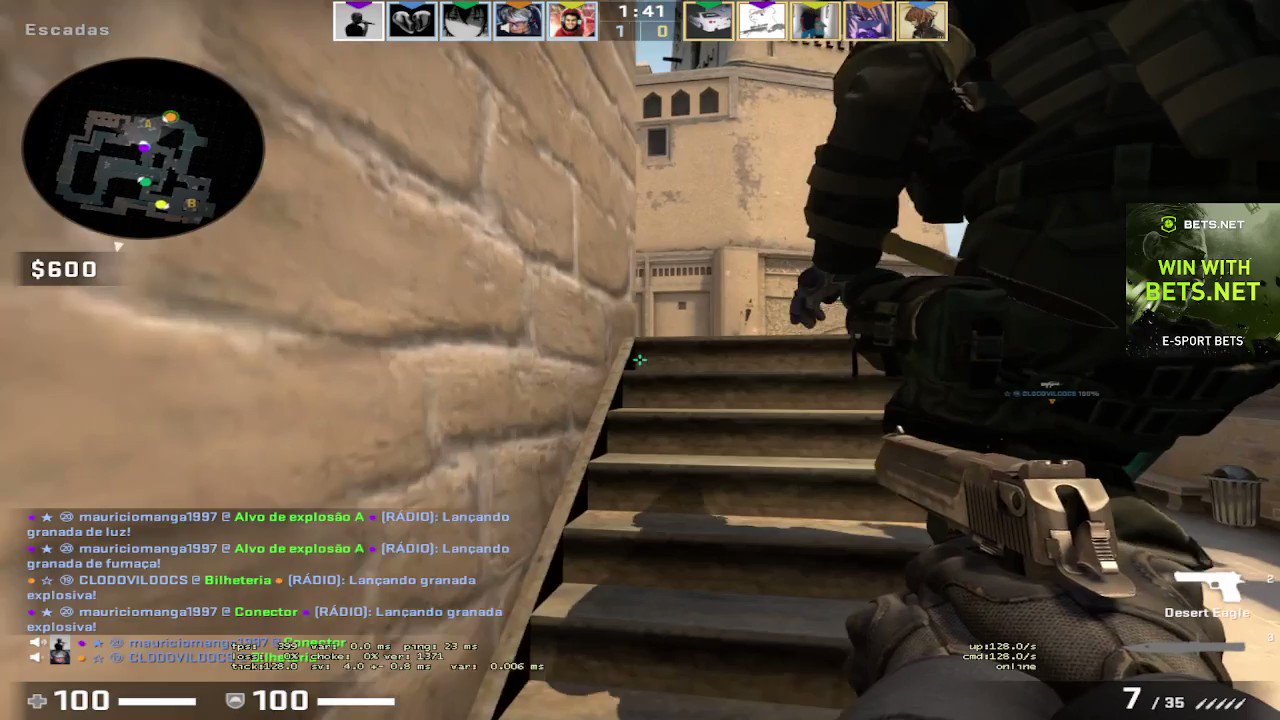Elevate Your Digital Presence
Explore tips and strategies to enhance your online engagement.
When Teamplay Goes Wrong: CSGO's Tricky Dance with Teamkill Penalties
Discover the chaos of teamplay in CSGO as we unravel the mysteries behind teamkill penalties and the consequences that follow!
Understanding CSGO Teamkill Penalties: What You Need to Know
Understanding CSGO Teamkill Penalties is crucial for players looking to maintain their standing in competitive matches. In Counter-Strike: Global Offensive (CSGO), teamkills occur when a player unintentionally or intentionally kills a teammate. The game is designed to discourage this behavior as it can significantly affect the outcome of a match. When a player commits a teamkill, they may face automatic penalties, including a temporary ban from matchmaking, loss of ranking points, or even a downgrade in their competitive skill group. The severity of the penalty typically increases with the frequency of teamkills, making it essential for players to stay aware of their actions during gameplay.
To better understand how these penalties work, it's important to note that the CSGO teamkill penalties can vary depending on several factors. For instance, if a player accidentally damages their teammate but does not kill them, the penalty may be minimal. However, repeated offenses, or instances of intentional teamkilling, can lead to harsher consequences, such as being banned from competitive play for a period of time. Additionally, players can report instances of intentional teamkills, which may result in further disciplinary actions against the offending player. Thus, to foster a positive team environment and ensure fair play, it is imperative for CSGO players to adhere to the game's rules and collaborate effectively with their teammates.

Counter-Strike is a popular tactical first-person shooter that has captivated gamers worldwide. Players engage in intense team-based matches where strategy and skill are crucial. Many players look for professional settings to enhance their gameplay, such as zywoo settings, which can provide valuable insights into how top players configure their controls and preferences.
The Impact of Friendly Fire: Consequences of Teamkills in CSGO
The impact of friendly fire in Counter-Strike: Global Offensive (CSGO) can be profound, influencing not only the immediate outcome of a match but also the overall morale and dynamics of a team. When teamkills occur, they often lead to a breakdown of communication among players, fostering an environment of mistrust and frustration. This disruption can be particularly damaging in high-stakes matches where every player’s performance is crucial. Strategies may be undermined as players become hesitant to rely on each other, ultimately hindering their collective success and negatively affecting their ranking and reputation within the gaming community.
Moreover, the consequences of teamkills extend beyond individual games. Frequent instances of friendly fire can result in players being reported or penalized within the game's matchmaking system. This not only affects their chances of finding suitable teammates but can also lead to a toxic gaming environment if players feel they are constantly under threat from their own team. It is essential for players to communicate effectively and adopt appropriate measures, such as adjusting in-game settings or using voice chat to avoid misunderstandings. Emphasizing teamwork and understanding the tactical consequences of their actions can aid in reducing the occurrence of teamkills, fostering a more enjoyable gaming experience for everyone involved.
How to Minimize Teamkill Incidents in CSGO: Tips for Better Teamplay
Teamkill incidents in CSGO can significantly impact your gameplay experience and team morale. To minimize these unfortunate occurrences, communication is key. Always use your microphone or the in-game chat to call out your movements and intentions clearly. For instance, before executing a strategy that involves tight spaces or bomb plants, make sure to remind your teammates of your position. Additionally, consider using verbal cues like 'I’m coming from the left' or 'Watch your fire!' to alert your team of your presence and avoid accidental mishaps.
Another effective way to reduce teamkill incidents in CSGO is to be mindful of your fire control. Practice using controlled bursts and avoid spraying bullets in crowded areas. Furthermore, establishing a teamplay mentality can help to foster trust among teammates. Implement protocols such as
- Sticking together as a squad
- Avoiding confrontations in close quarters
- Designating roles in specific scenarios